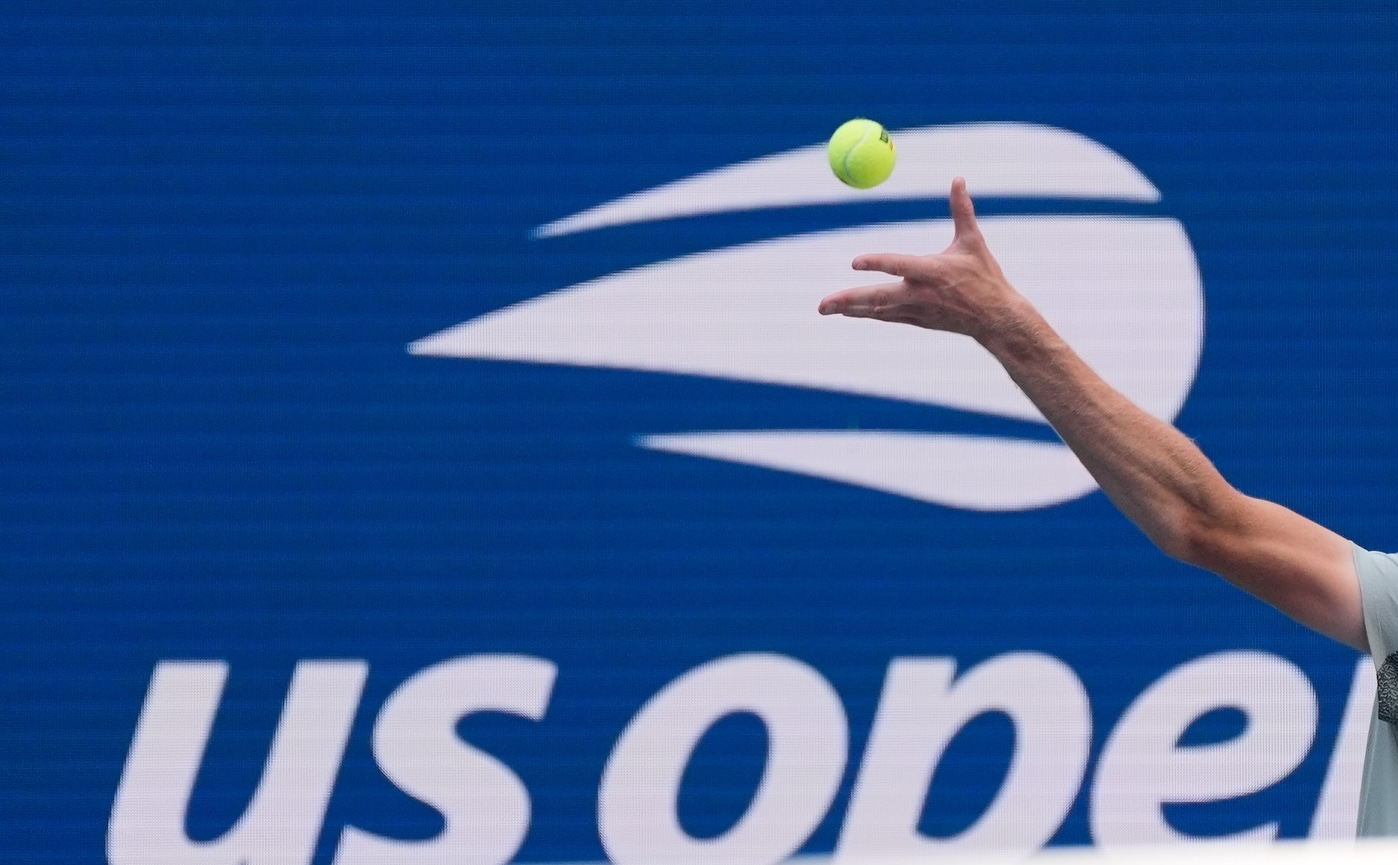Maya Joint had a great excuse to skip her first day of college classes at Texas on Monday.
She was competing in the US Open and won herself $140,000 by advancing to the second round of the major.
Even if she doesn’t make it any further, she might take home only 7% of it.
Joint, who was born in Michigan but competes for Australia, is the latest athlete to bump into NCAA rules restricting prize money.
NCAA rules state, “In tennis, prior to full-time collegiate enrollment, an individual may accept up to $10,000 per calendar year in prize money based on his or her place finish or performance in open athletics events (events that are not invitation only).
“Once the individual has reached the $10,000 limit in a particular year, he or she may receive additional prize money on a per-event basis, provided such prize money does not exceed the individual’s actual and necessary expenses for participation in the event.”
Joint acknowledged the difficulties of the situation. “It’s very complicated,” she said.
“[As] student athletes, you can take the money from the tournament but you have to, like, make expenses until the end of the year,” Joint said after Monday’s match. “So it’s different from amateur to college.”
The rule in question is currently under fire from one of Joint’s peers, Reese Brantmeier.
In March, Brantmeier sued the NCAA, alleging that the prize money restrictions amounted to illegal price-fixing. Brantmeier won $50,000 from the United States Tennis Association for her play at the 2021 US Open, but she was still ineligible her freshman year at North Carolina because the NCAA deemed some of her expenses unnecessary. She said she wasn’t cleared to play until she made a $5,100 donation to a charity. Among other reparations, she is seeking for the NCAA to be restrained from restricting prize money.
Brantmeier v. NCAA is working its way through the courts. On July 2, attorneys for Brantmeier requested a preliminary injunction that would temporarily block the NCAA from enforcing any of its prize money restrictions. If that injunction were granted, Joint would be free to take whatever money she wins at the US Open and still play for Texas; Joint was one of two college athletes who filed briefs supporting Brantmeier’s request for the injunction. A judge in North Carolina District Court heard Brantmeier’s case for blocking the NCAA prize money rules last month but has yet to rule.
Spokespeople for the US Open and Texas women’s tennis team did not immediately respond to requests for comment.
Despite the rules, Joint says she’s fine and has sought guidance from her parents and the compliance office at Texas. She plans to head to Austin whenever she’s done playing in Queens.
“If I go to college, then I get my scholarship spot,” Joint said Monday. “If I decide to go pro in the meantime, I can always come back on scholarship, which is a big deal.”






![[Subscription Customers Only] Jun 15, 2025; Seattle, Washington, USA; Botafogo owner John Textor inside the stadium before the match during a group stage match of the 2025 FIFA Club World Cup at Lumen Field.](https://frontofficesports.com/wp-content/uploads/2026/02/USATSI_26465842_168416386_lowres-scaled.jpg?quality=100&w=1024)
![[Subscription Customers Only] Jul 13, 2025; East Rutherford, New Jersey, USA; Chelsea FC midfielder Cole Palmer (10) celebrates winning the final of the 2025 FIFA Club World Cup at MetLife Stadium](https://frontofficesports.com/wp-content/uploads/2026/02/USATSI_26636703-scaled-e1770932227605.jpg?quality=100&w=1024)









